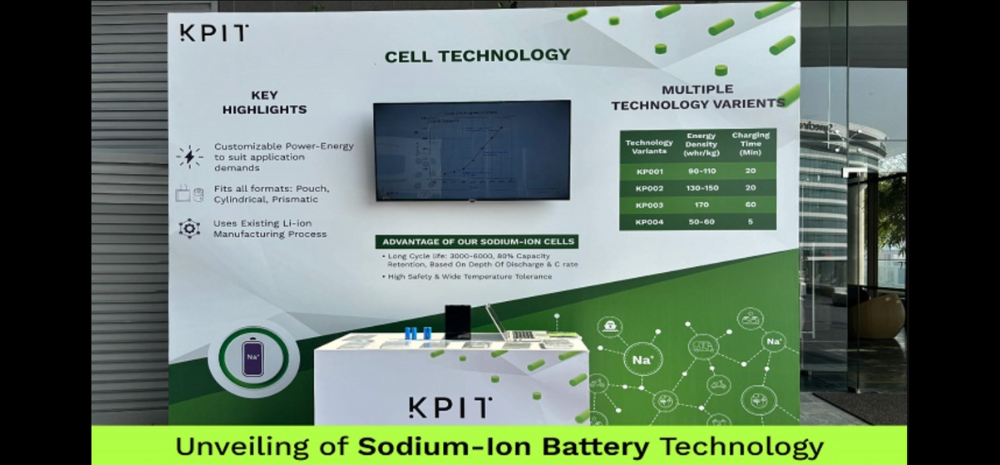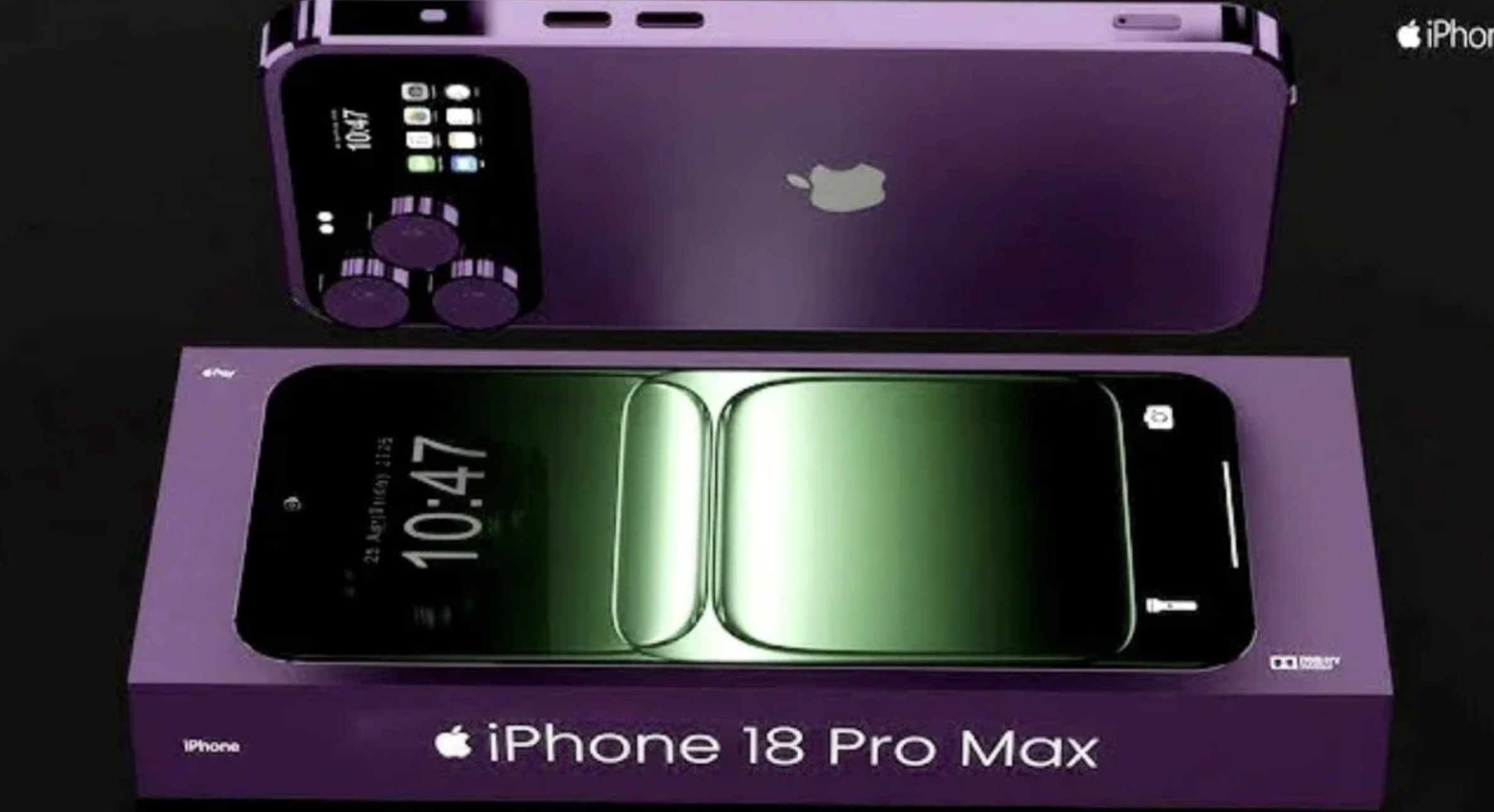KPIT Technologies, based in Pune, India, has introduced its sodium-ion battery technology, focusing on reducing import dependency on critical battery materials.

The technology is anticipated to lower the cost of electric vehicle (EV) batteries by an estimated 25-30% compared to existing lithium-ion batteries, according to Ravi Pandit, cofounder and chairman of KPIT.
Here are all the details about the new battery developed by KPIT, Pune!
KPIT Pune Introduces Sodium Ion Battery Technology
Currently, lithium-ion cells dominate the global shift to electric vehicles, prompting countries like India to localize the supply chain to reduce risks associated with geopolitical tensions. India presently imports 70% of its lithium-ion cells from neighboring countries.
As the Indian lithium-ion battery market is expected to surge from 4 GWh in 2022 to 120 GWh by 2030, with a 53% compound annual growth rate in demand, KPIT’s sodium-ion battery technology aims to address import dependency issues on core battery materials.
KPIT claims that its sodium-ion battery technology provides several advantages, including a prolonged lifespan with 80% capacity retention over 3000-6000 cycles and faster charging capabilities compared to lithium-ion batteries. The technology is versatile, with applications in electric two and three-wheelers, commercial vehicles, stationary deployments like UPS backups and grid storage, as well as in the marine and defense sectors.
KPIT Is Open To Partnerships For Battery Production
In an effort to contribute to a sustainable mobility ecosystem, KPIT is open to partnerships with battery manufacturers for the production of batteries using its proprietary sodium-ion technology. The move towards sodium-ion batteries is seen as a strategic diversification from the dominance of lithium-ion batteries, addressing concerns about the concentration of lithium supplies in a few countries.
With India targeting to electrify 30% of its vehicle fleet by 2030, the country aims to overcome challenges such as high EV battery costs, import dependence on key battery raw materials, and the absence of domestically manufactured cell technology. The introduction of sodium-ion battery technology by KPIT aligns with India’s broader goals for electric vehicle adoption and localizing critical components of the supply chain.













